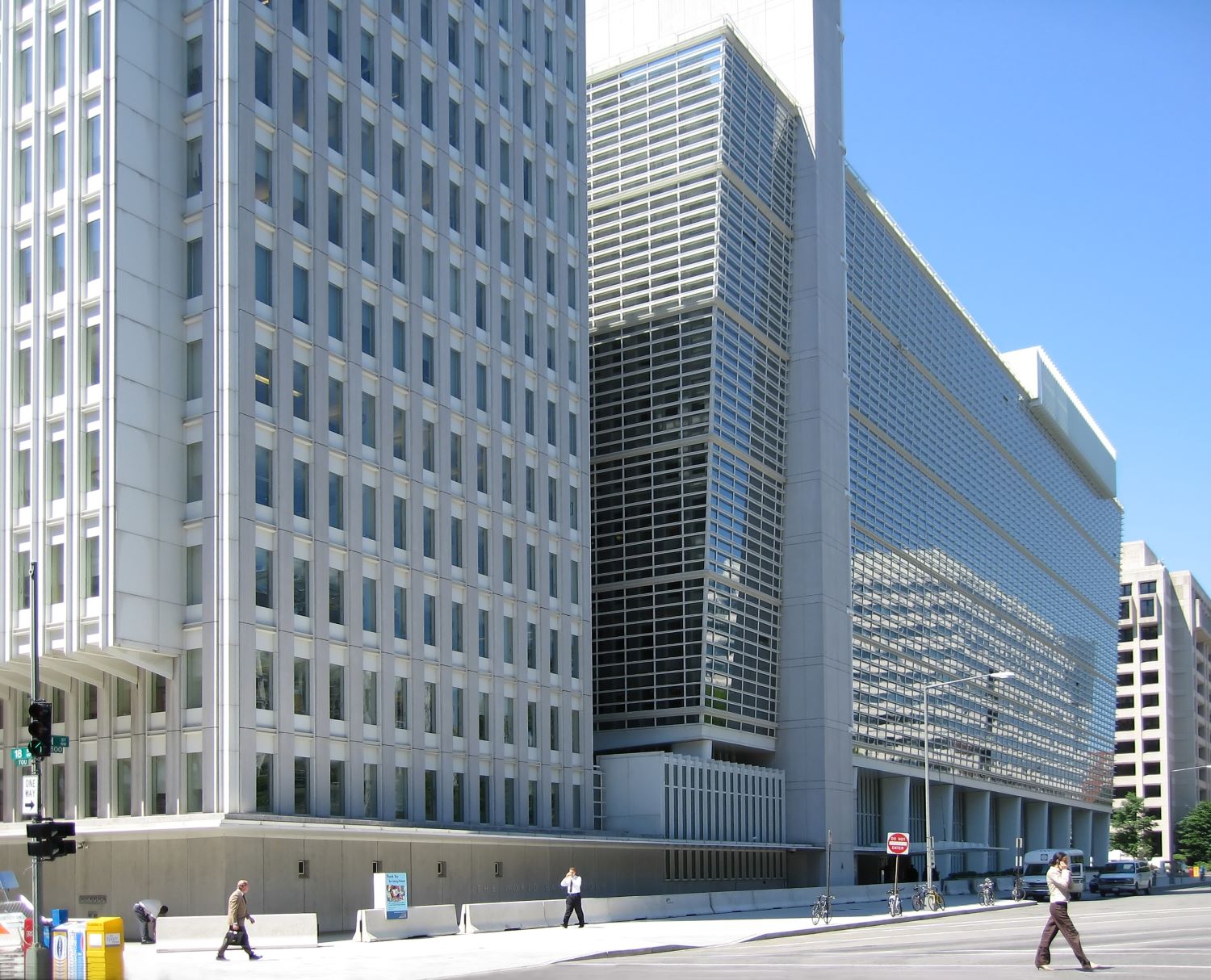BANGKOK, THAILAND – Asian economies are not doing as well as they could and growth in the region is forecast to slow to 4.5 percent this year from 5.1 percent in 2023, Associated Press (AP) quoted a World Bank report as saying on Monday.
Debt, trade barriers and policy uncertainties are dulling the region’s economic dynamism and governments need to do more to address long-term problems such as weak social safety nets and under investment in education, says the World Bank report released on Monday.
Asia’s economies are growing more slowly than before the pandemic, but faster than other parts of the world.
And a rebound in global trade — trade in goods and services grew by only 0.2 percent in 2023 but is projected to grow by 2.3 percent this year — and easing financial conditions as central banks cut interest rates will help offset weaker growth in China.
“This report demonstrates the region is outperforming much of the rest of the world, but it is underachieving its own potential,” Aaditya Mattoo, the World Bank’s chief economist for East Asia and the Pacific, said in an online briefing.
“The leading firms in the region are not playing the … role that they should,” he added.
A key risk is that the US Federal Reserve and other major central banks might keep interest rates higher than before the pandemic.
Another comes from the nearly 3,000 trade-distorting measures, such as higher tariffs or subsidies, that were imposed in 2023, the report said.
Most of those policies were set by major industrial economies such as the US, China and India.
China’s ruling Communist Party has set an official target for about 5 percent growth this year, just below the 5.2 percent annual pace of last year.
The World Bank is forecasting that growth will slow to 4.5 percent.
One key problem highlighted is lagging improvements in productivity, the report said.
Leading companies in Asia are far behind the leaders in wealthier nations, especially in technology-related areas.
The report faults governments for imposing restrictions on investment that prevent foreign companies from entering key parts of regional economies.
Opening to more competition and investing more in education would help, it said.







